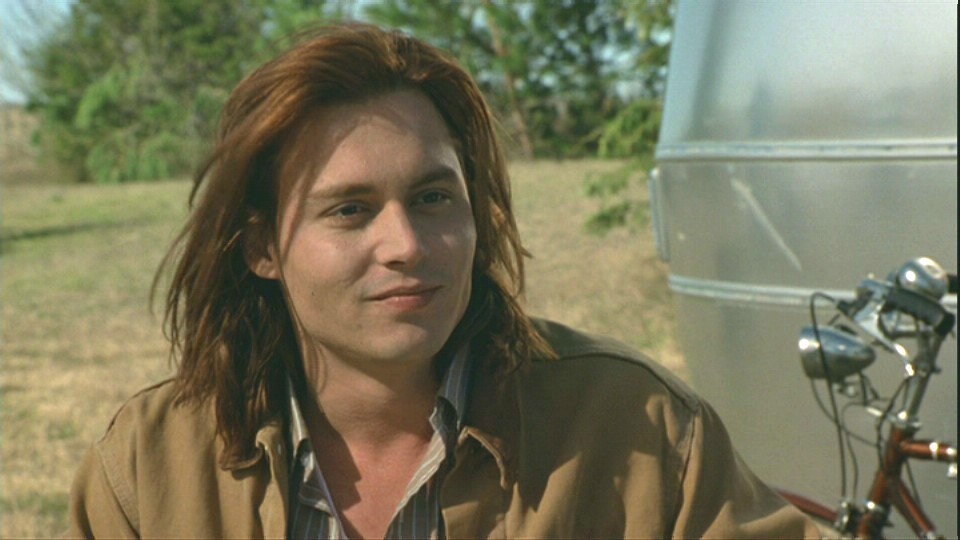
Sternberg’s triangular theory of love defines passion as sexual attraction, intimacy as sharing information with trust and comfort, and commitment which includes short and long term decisions of both parties to love one another (Seccombe, 2012). Their relationship can best be compared to Sternberg’s triangular theory of love, as cited by Seccombe (2012), which consists of three parts: passion, imtimacy, and commitment. If Becky did not pass through Endora due to her grandmother’s car breaking down on their travels, she and Gilbert would likely not have met, thus making propinquity a strong component of their relationship. Seccombe (2012) states that people tend to date those they are in close proximity with, which is known as propinquity, also defined as geographical closeness. Becky challenged Gilbert to think differently, and to hope for a better future (What’s Eating Gilbert Grape?). She thought about others, but also of her own dreams and passions. Becky was thoughtful, imaginative, and passionate. She represented the opposite of his persona. He heard what Becky asked, but did not properly interpret her question nor answer with a sense of thorough thought.īecky, an enthusiastic and free-spirited young woman catches the attention of Gilbert.

Instead of mentioning his goals or chosen pursuits, he mentioned what he wanted for other members of his family. In fact, Becky, Gilbert’s intimate partner, asked him once in the film what he wanted out of life. Gilbert struggled with hearing what others were saying and seemed absent-minded, and as this habit became routine, he did not think fully about his future or what he really wanted. Listening, as described by Seccombe (2012), is a process which incorporates hearing the words of others, and interpreting what is being said with understanding. Gilbert’s ability to listen seemed to be dim due to his inability to hear what others said, or why they said certain comments. He was in charge of home repairs in their old, rundown home, and often times seemed passionless (What’s Eating Gilbert Grape?). Gilbert participated at times with laughter regarding his mother’s weight, most likely out of resentment, because of the stress he endures to constantly help his brother or mother in various ways. He would climb up the water tower ladder many times, and many townspeople either laughed at him or clapped as he came down, instead of showing concern for his safety (What’s Eating Gilbert Grape?). Arnie was also viewed in a disrespectful way by people of the town. Because Gilbert’s mother was severely obese, many children and adults of the town looked at her with amusement. Gilbert often seems to not have any passion and suffered witnessing his mother and brother suffer from “individual discrimination” (Seccombe, 2012), which is described as one giving poor treatment to someone else based on their individual differences, be it physical, ethnic, or belief differences.


He was given a large task of taking care of his mentally challenged brother, Arnie, and mother at times, and barely had time to think about his own life goals (What’s Eating Gilbert Grape?). Gilbert’s quest to find his purpose in life and healthy romantic relationship Gilbert, a caretaker, grocery store clerk, and deemed responsible for the Grape family home repairs, is a lost young man.

The content areas of focus are, Gilbert’s quest to find his purpose in life, as well as a healthy romantic relationship, the parental role of the Grape children, and the quality of the Grape home environment, including their socioeconomic level, and familial dynamics. Due to psychological stress on the children’s mother and financial hardship, the children have more responsibility than most children their age, and this responsibility interferes with their goals for the future (What’s Eating Gilbert Grape?). The narration is from Gilbert’s perspective, the third eldest brother of five, and his transition into adulthood as well as figuring out his life goals. The film, What’s Eating Gilbert Grape revolves around a single-parent household and four children.


 0 kommentar(er)
0 kommentar(er)
